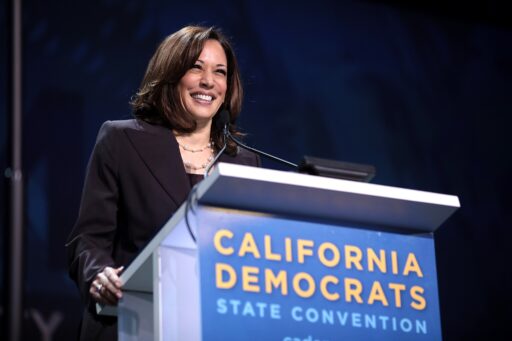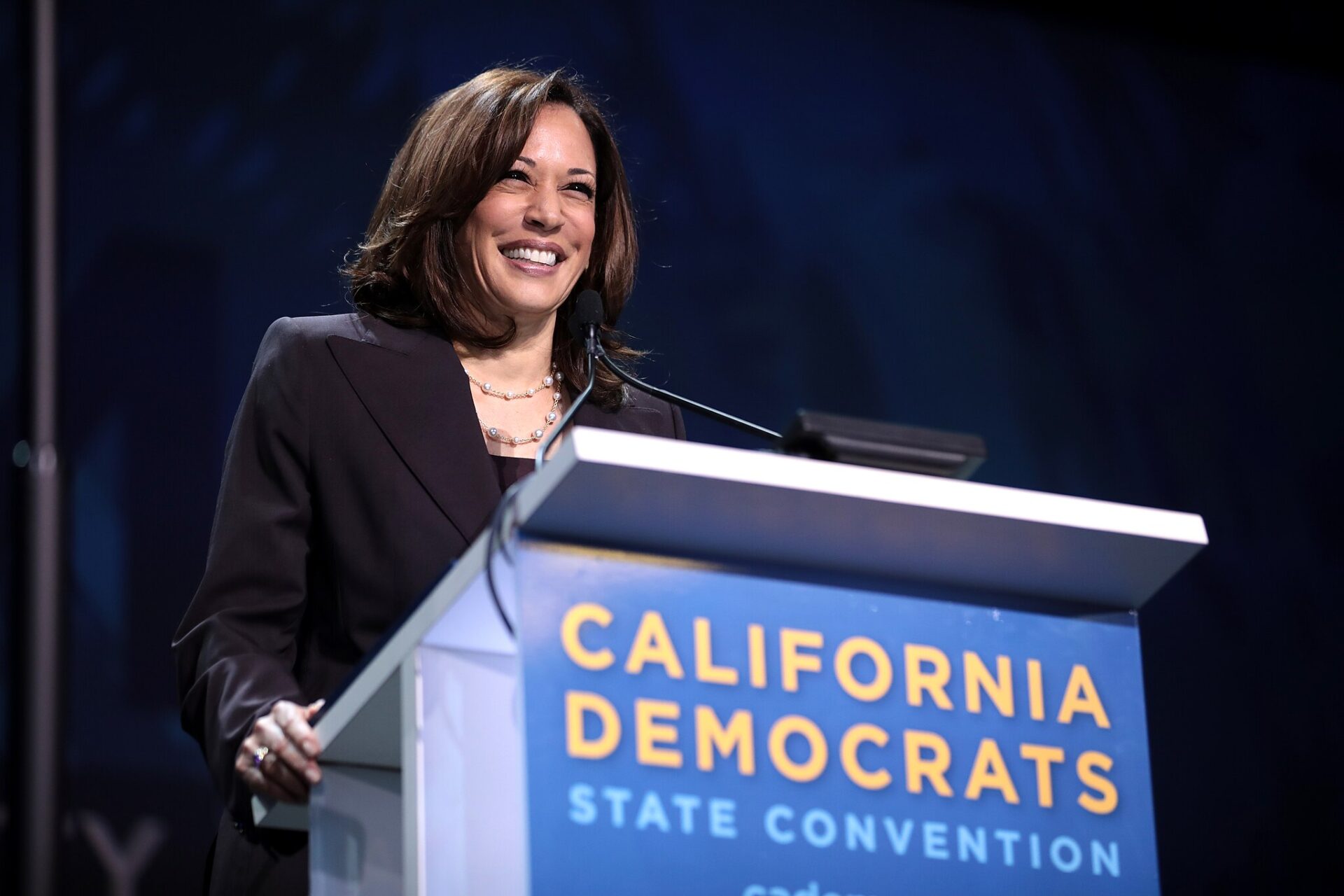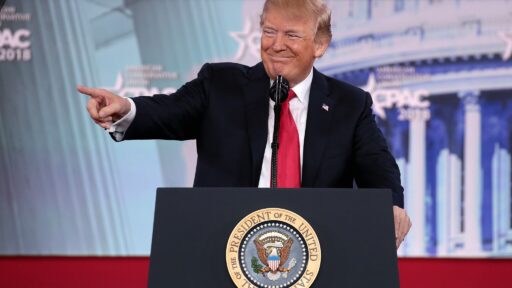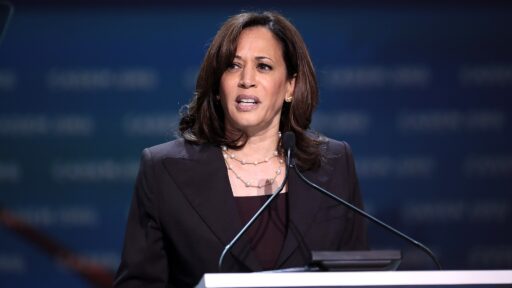Voters are losing trust in Kamala Harris at an alarming rate.
A coalition of activists from key swing states is urging Muslim voters to reconsider their support for Vice President Kamala Harris due to her perceived role in the ongoing Israel-Hamas conflict. Instead, they are advocating for a vote for Green Party candidate Jill Stein in the upcoming election.
The group, now known as Abandon Harris, made its announcement on a significant date—the anniversary of the tragic attack by Hamas that resulted in the loss of over 1,200 lives in southern Israel and the abduction of around 250 individuals. This statement comes just after Harris received endorsements from a number of Islamic religious leaders, further complicating the political landscape.
The coalition argues that voting transcends mere political preference; it embodies a moral stance. “We are not choosing between a larger evil and a smaller evil. We are dealing with two dangerous forces: one overlooking a genocide and another vowing to continuing it,” stated the group’s leadership. They are calling on Muslim Americans and those opposed to violence to lend their support to Stein and her running mate, Dr. Butch Ware.
Stein’s candidacy is particularly relevant in swing states such as Arizona, Georgia, and Wisconsin, where her platform is expected to resonate with voters dissatisfied with the current administration’s policies. Notably, Stein is the only Jewish candidate on many ballots, positioning her as a unique voice in the political discourse surrounding Israel and Palestine.
The Green Party’s stance, alongside Ware’s background as a Muslim educator, is being highlighted as a crucial alternative for voters feeling disillusioned by the Democratic Party. Stein has openly stated that the Democrats have lost significant support among Muslim and Arab Americans, suggesting that this could lead to pivotal losses in battleground states.
While Harris has faced backlash for her pro-Israel stance, the endorsement from the coalition reflects broader dissatisfaction among some voters, who feel ignored by the Democratic establishment. The group has expressed frustration over unaddressed demands and feels sidelined within the party.
As tensions grow, the endorsement raises questions about the potential impact on the Democratic base and the electoral dynamics leading into the 2024 election. Whether this coalition’s call to action will sway significant numbers of voters remains to be seen, but it undeniably adds another layer to the increasingly complex political landscape.







